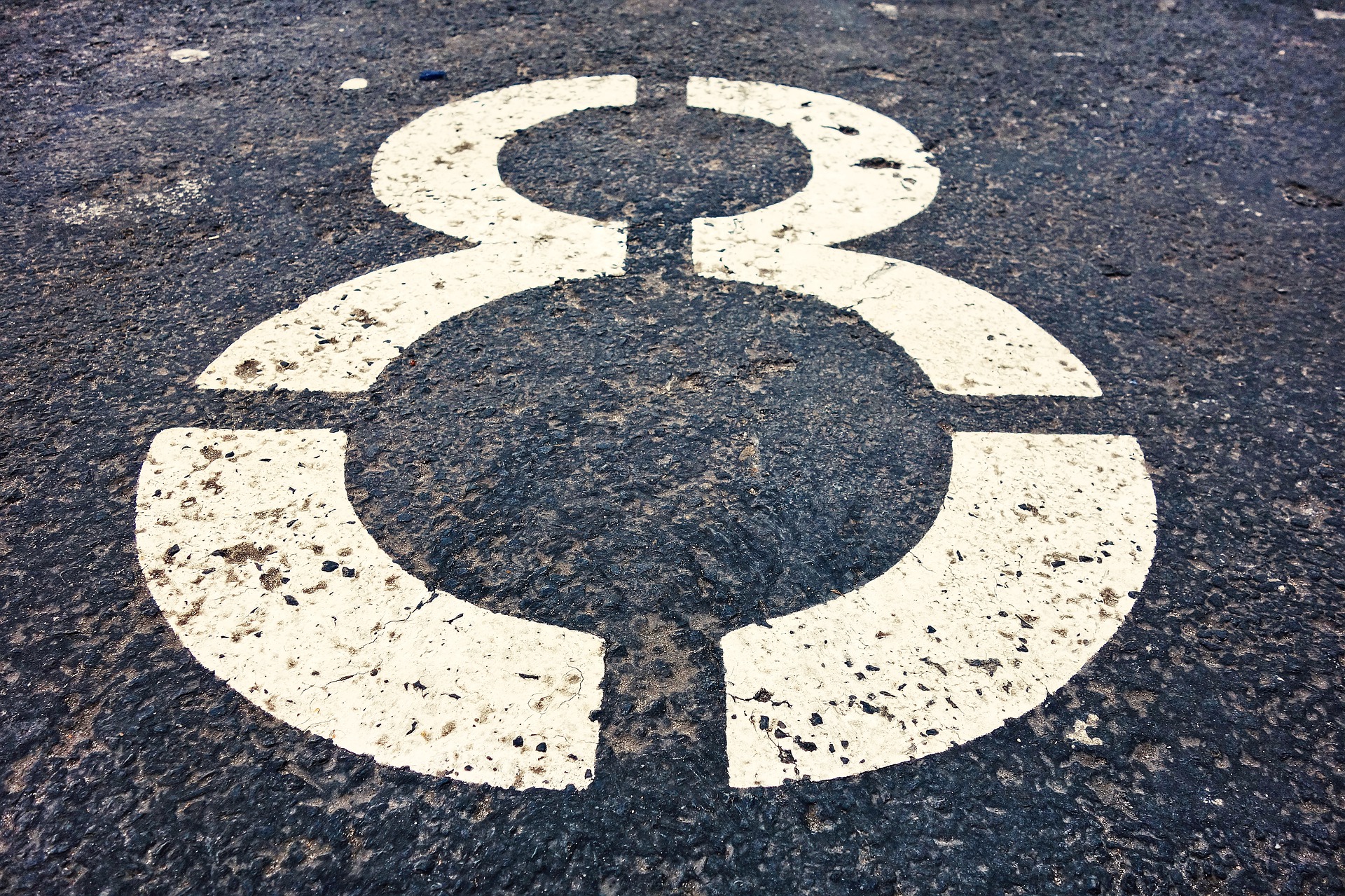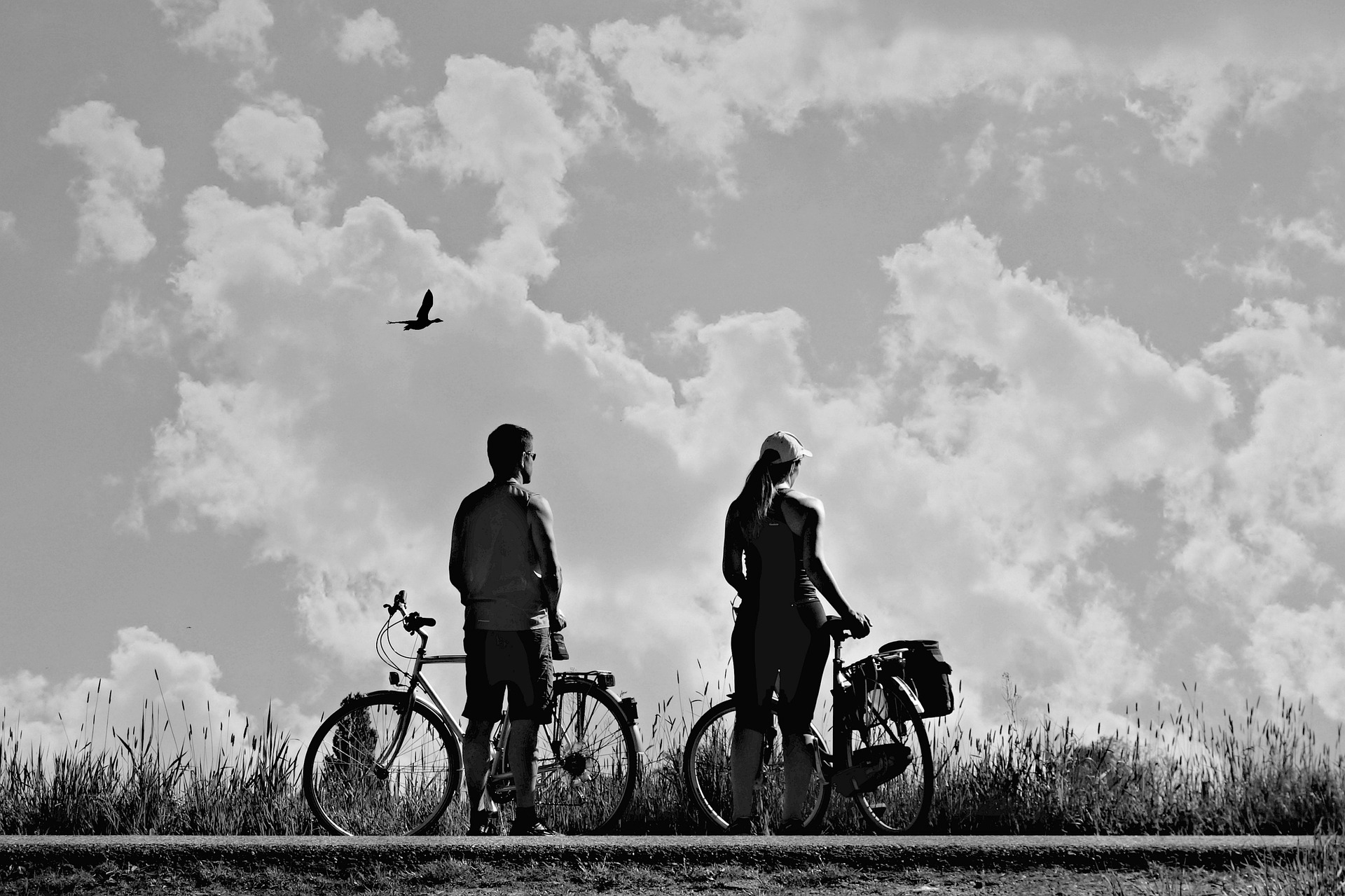It’s exactly one year ago today that I went into St Vincent’s Private Hospital in Dublin to get my Gastric Bypass surgery.
It’s been a strange year, what with the ongoing COVID-19 pandemic, but it’s also been a great year in terms of prioritising my health.
My weight loss surgery was never about being slim, because I’m not. I’m still obese. But having lost over 40 kg of weight, I’m a lot more healthy than I was before. And I’ve significantly reduced the risk of life-altering (or indeed life-ending) diseases. And that’s much more important to me!
My obesity disease is under control. I’ve lost weight, and I’ve not immediately put it all back on again, which would happen every time I stopped dieting. The surgery has been an invaluable tool to help me stop overeating, which is great. Even though I have pretty-much reverted to the same diet I had before the surgery, I’m not gaining weight!
And even if I don’t lose any more weight, I’ll still be delighted with the outcome.
I would totally recommend it to anyone that struggles with their weight. In the past I totally fitted the stereotype of a yo-yo dieter. I was use a calorie-counting app, or go to a slimming club, and I would lose 30kg / 5 stones / 70 lbs over the course of 6 months – but then sometime would happen, I would stop using the app or going to the club, old habits would return, and all of the weight I lost (and often more) would return.
However getting the bariatric surgery has helped break that recurring cycle of loss and gain. This time, it’s going to help me keep the weight off!







Leave a Comment